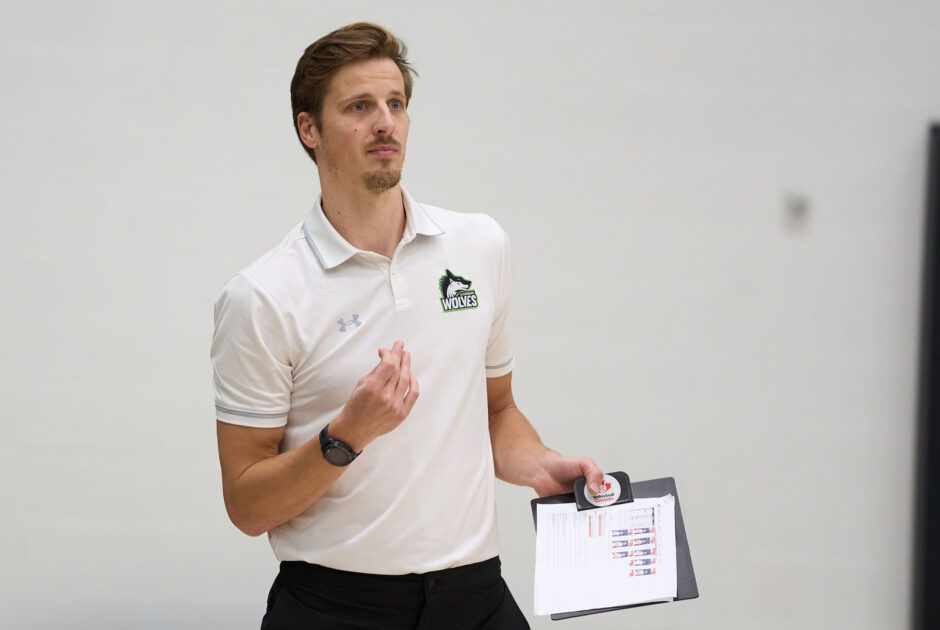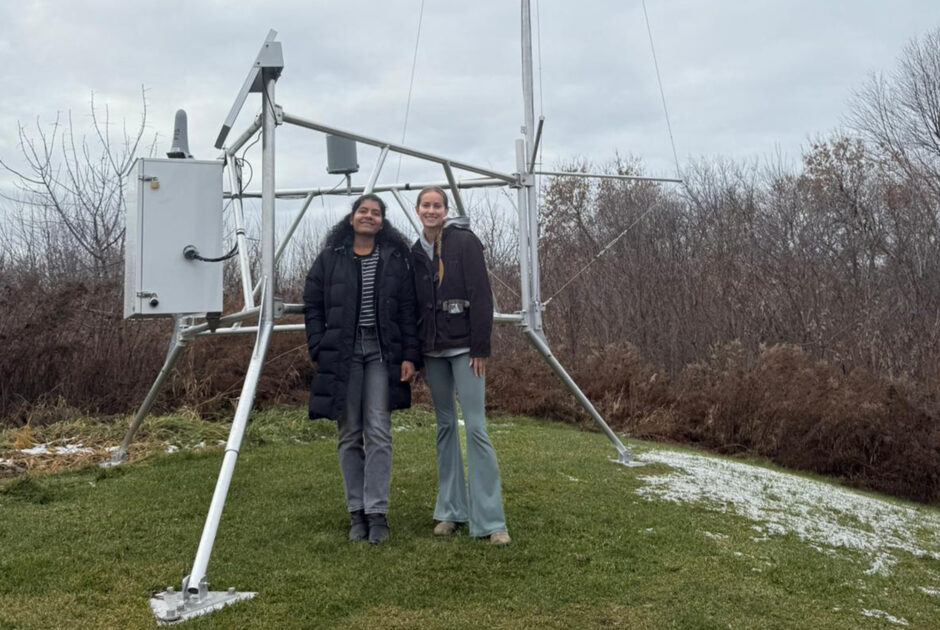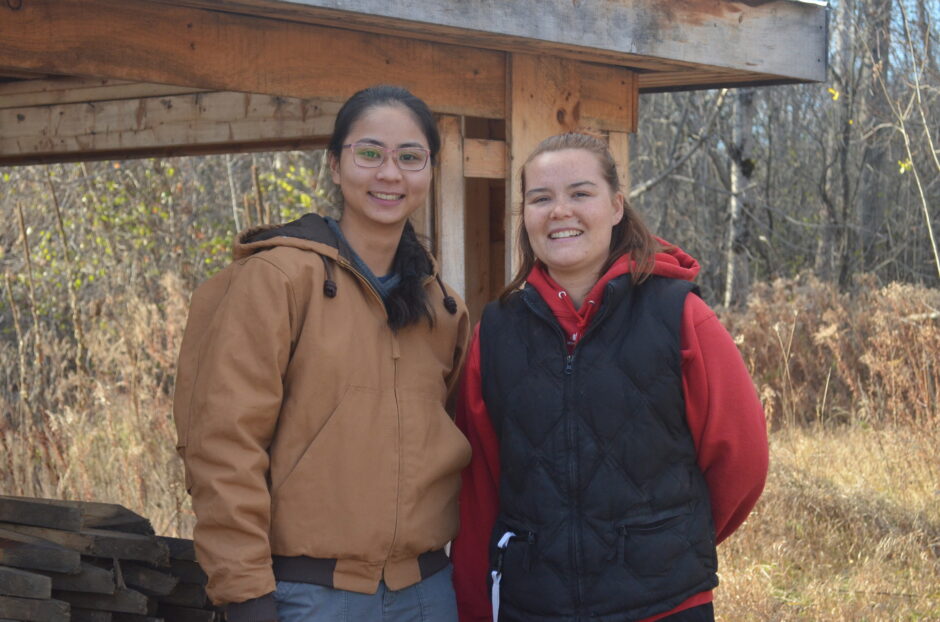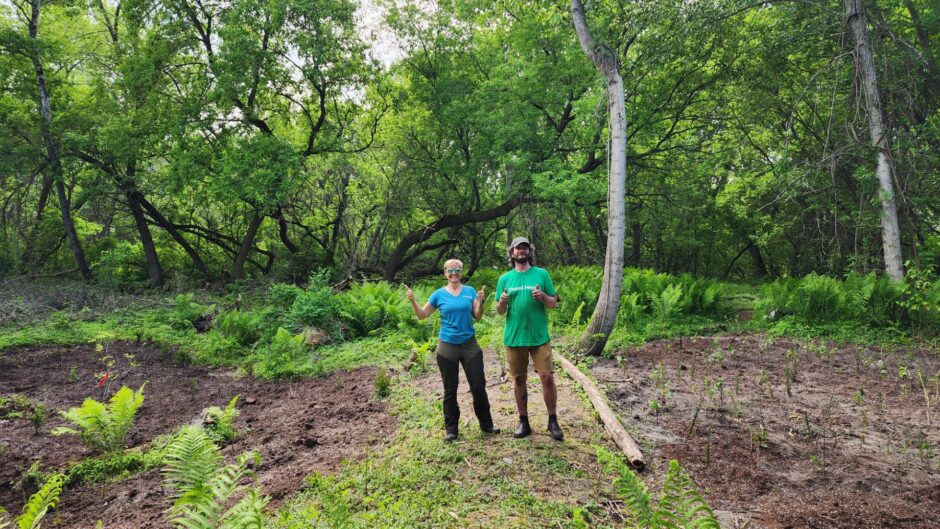Why dedication is essential in the veterinary technician program
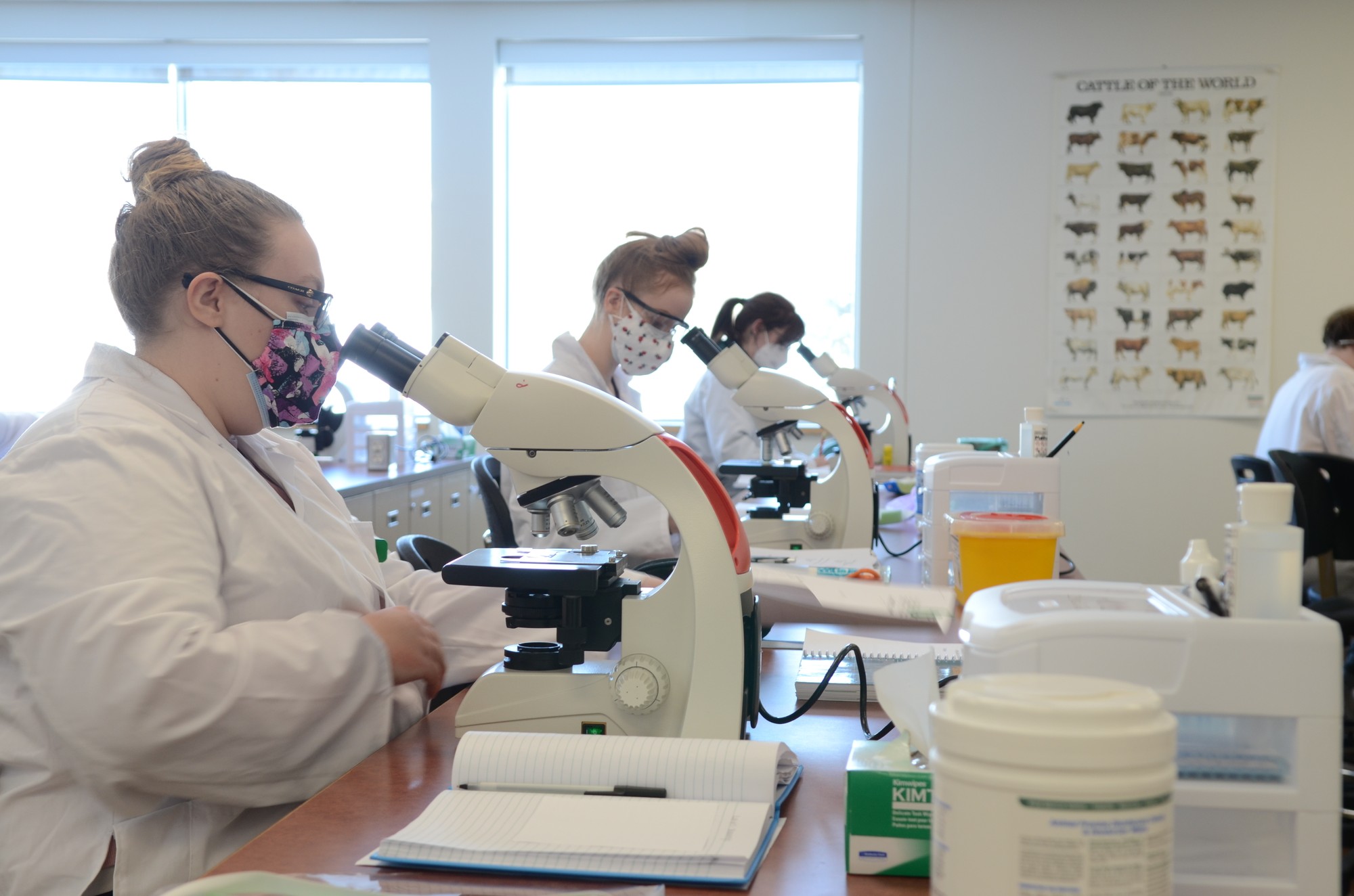
For many people, working with animals sounds like a dream. But the reality of that dream is much harder than you may think.
Students in the veterinary technician program at Algonquin College have been facing those realities. The competitive two-year program has not only been made more difficult because of COVID-19 protocols, but also by the nature of what students study.
Shannon Reid, the clinical coordinator for the veterinary programs, says that burnout and compassion fatigue is common in the field of veterinary work. “It is a very challenging job and isn’t for everyone,” she said.
“It is important to recognize dedication from the students in the program,” Reid said. “One of the things that people may not realize when they come into the program is the required level of dedication. Our students that have graduated from the program will undoubtedly have that and I think that is something they should proudly wear with a badge of honor.”
This dedication requires a lot of work.
“The workload is ridiculous,” said Cas Waterman a first-year vet tech student. “I had to switch to a reduced workload. I felt like if I had continued with a full workload I wouldn’t have been as successful.”
Although the pandemic has meant that Waterman has missed having some classes in-person, they do not regret their decisions. “It will help me in the long run,” they said.
Waterman’s career goals include working with exotic animals someday or in emergency and critical care. “I will need an extra year to achieve that goal,” Waterman said.

Bethannie Nicol, a first-year veterinarian technician student, has wanted to work with animals as long as she can remember.
“I have a love for animals,” she said. She hopes the vet tech program will help her achieve that dream.
Although that love of animals has been pushing her through the program, it has not been an easy ride.
“We are battling online and in-person classes at the same time and it can be hard to get to classes and to make sure you are on top of everything,” Nicol said. “As much as I had my struggles, I know for a fact this is my passion and I won’t ever be happy if I don’t do this.”
The veterinarian technician program is a very competitive program to get into. It often has a waitlist of over 700 applicants. In order to get accepted, students must complete the Algonquin College Health Program Administration Test or AC-HPAT.
The test, which was adopted in 2016, assesses if students have the knowledge and skills to excel in the highly competitive health programs at Algonquin College.
The program’s high standards require students to be physically strong as well.
“It is a physically demanding program and requires students to work really hard and be mature and responsible,” Reid said.
“I think all of those things make our graduates fantastic. They are being recruited as students because of how much in high demand they are. So I think it’s important to recognize that our vet-tech grads are just awesome.”
The veterinarian technician students are also able to give back to the community while being in the program.
The program runs an adoption clinic in the Algonquin College Woodroffe campus facility in partnership with the Society for the Prevention of Cruelty to Animals de l’Outaouais.
The students get to hone their skills while helping the animals. Under supervision, the students help prep and assist with surgeries such as neuters, vaccinations and dental surgeries. The animals are then adopted out and all of the proceeds are given to the SPCA.





